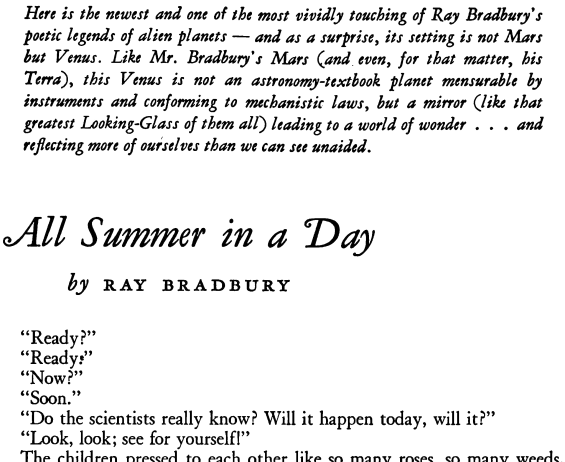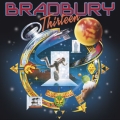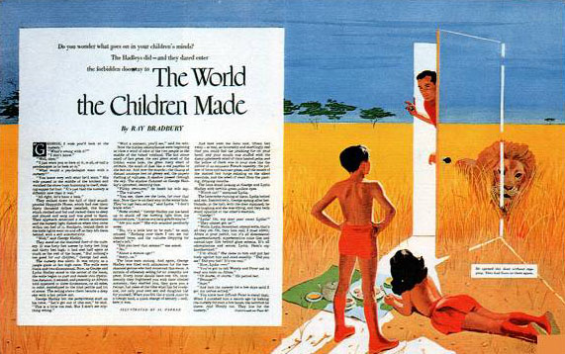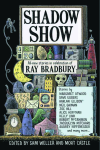
 The SFFaudio Podcast #164 – Jesse, Wayne June and Mirko Stauch talk about The House On the Borderland by William Hope Hodgson.
The SFFaudio Podcast #164 – Jesse, Wayne June and Mirko Stauch talk about The House On the Borderland by William Hope Hodgson.
Talked about on today’s show:
Wayne undersold the novel, it’s shockingly interesting, you can really see the influence on Lovecraft, Supernatural Horror In Literature by H.P. Lovecraft, blasphemous hybrid anomalies, “a classic of the first water”, the framing sequence, The Willows by Algernon Blackwood, description of sense experience, the best you can expect from the universe is indifference, cosmic horror, Olaf Stapledon, Star Maker, Last And First Men, reading in translation, Chad Pfifer, the readalong concept, getting into the book, Under The Knife by H.G. Wells, the swine beasts, the sister – “she knows he’s fucking nuts”, there’s a lot of going to bed in this book, a very relatable character, Arthur C. Clarke, one of the finest works of Science Fiction ever written, marking the transition from Gothic horror to cosmic horror, 2001: A Space Odyssey, the cover art, the Corben comic book cover, the town (or street) that can’t be found, it’s a kind of haunted house story, compression of time, Einsteinian relativity, Pepper is dead and dust, Brian Stableford, Camille Flammarion, The Night Lands by William Hope Hodgson, Edgar Rice Burroughs, Percival Lowell, S.T. Joshi, parallel development, authors write cosmic horror in cosmic horror time, astronomy,
“In the future, when the end of things will arrive on this earth, the event will then pass completely unperceived in the universe. The stars will continue to shine after the extinction of our sun, as they already shone before our existence.”
Enlightenment thinking and the decline of religion – tying your own shoes for eternity, The Raven by Edgar Allan Poe, you can’t love anything in this universe, the jade house in the arena, mythological creatures, Kalpas (is Sanskrit for aeons), it’s meta, before this book we’re living in a world run by God and after this book were living in a post God world, deep time, the recluse, are the swine people are the villagers, what book is the recluse reading?, two incommensurable realities, Messrs Tonnison and Berreggnog, haunting, Clarke’s third law, Poltergeist, the door inward, the start as poets but they don’t end that way, the unnamed lover (let’s call her Lenore), The Crawling Chaos (SFFaudio Podcast #138), The Conqueror Worm by Edgar Allan Poe, The House Of Usher, Roger Caillois: “The fantastic is always a break in the acknowledged order, an irruption of the inadmissible within the changeless everyday legality” (from Au Coeur Du Fantastique), reading old literature, C.S. Lewis, a passion for commas, a gripping book (while the character’s mind wanders), a pregnant book.
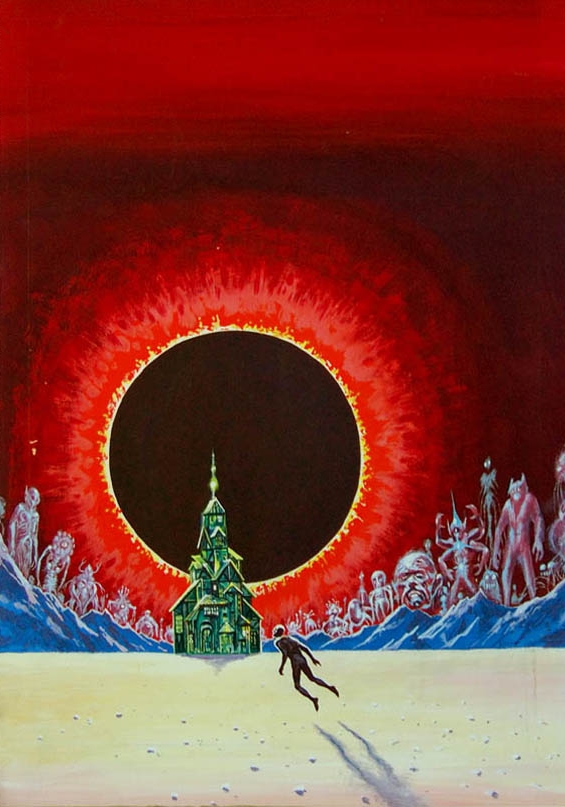
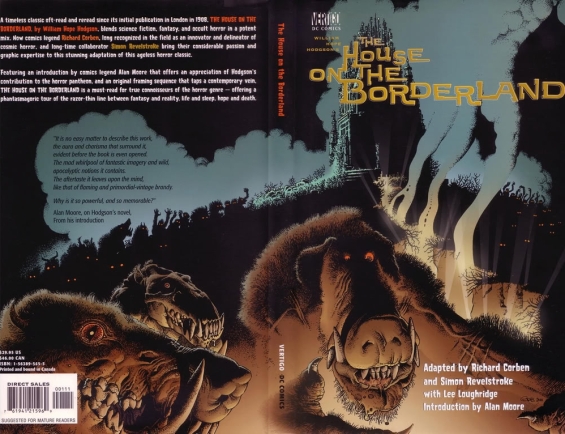
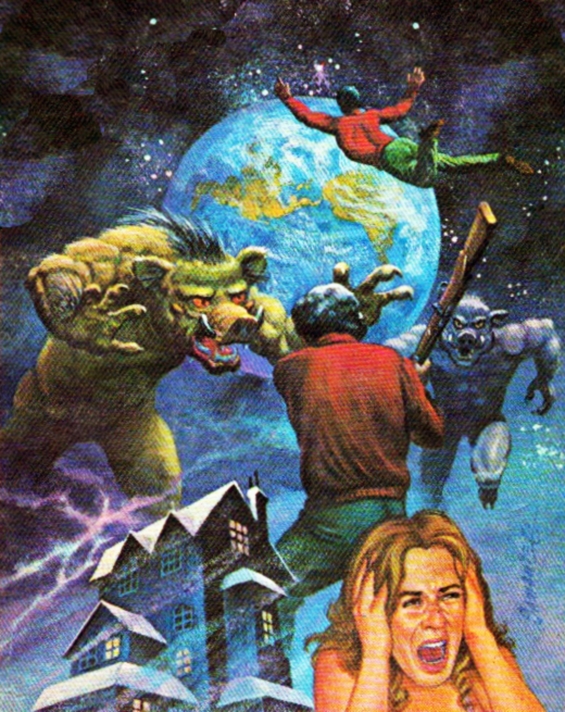
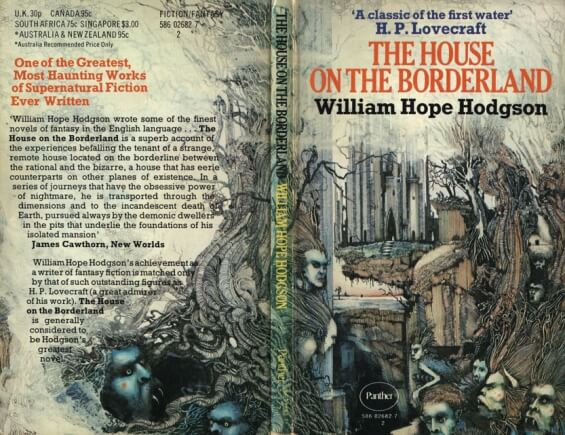
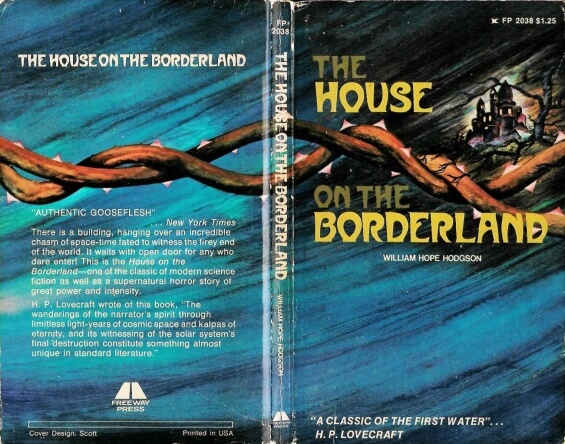
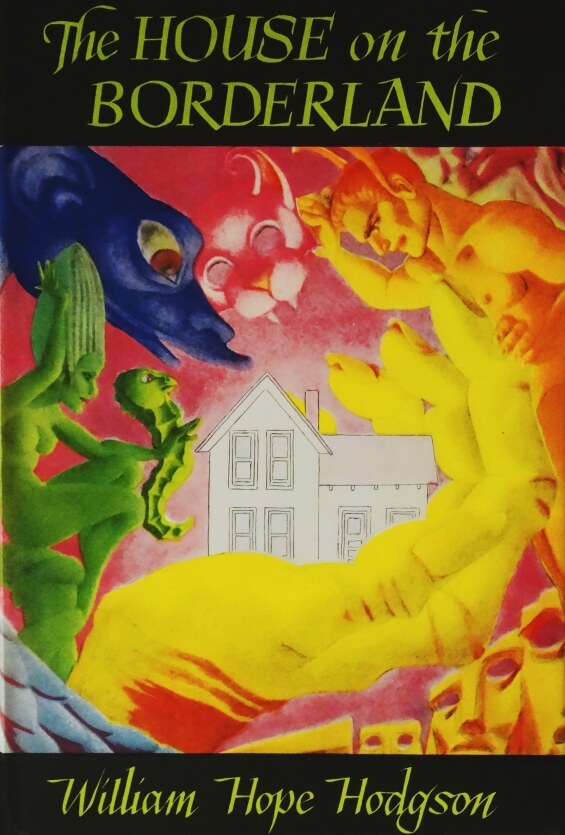
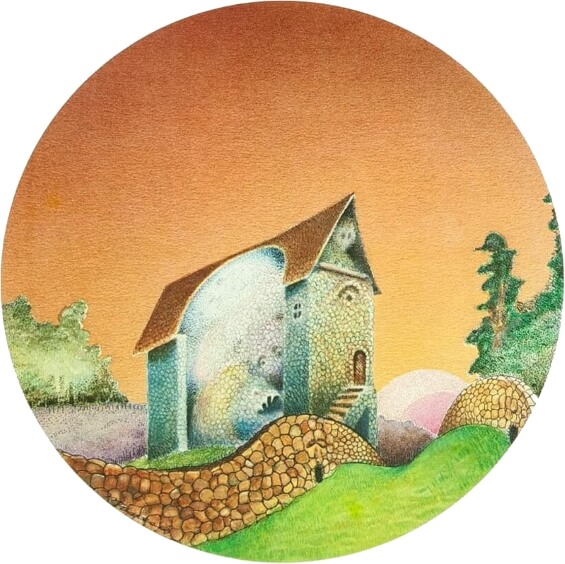
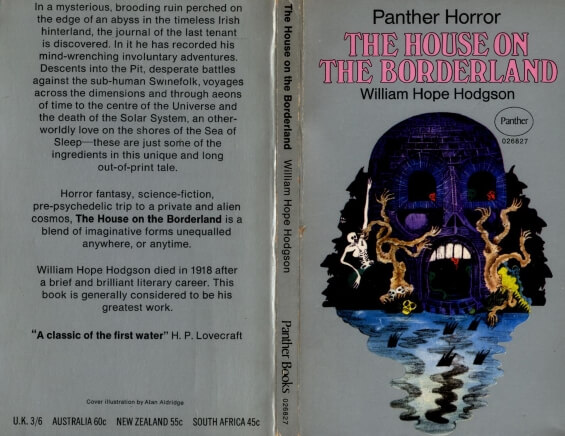
Posted by Jesse Willis

